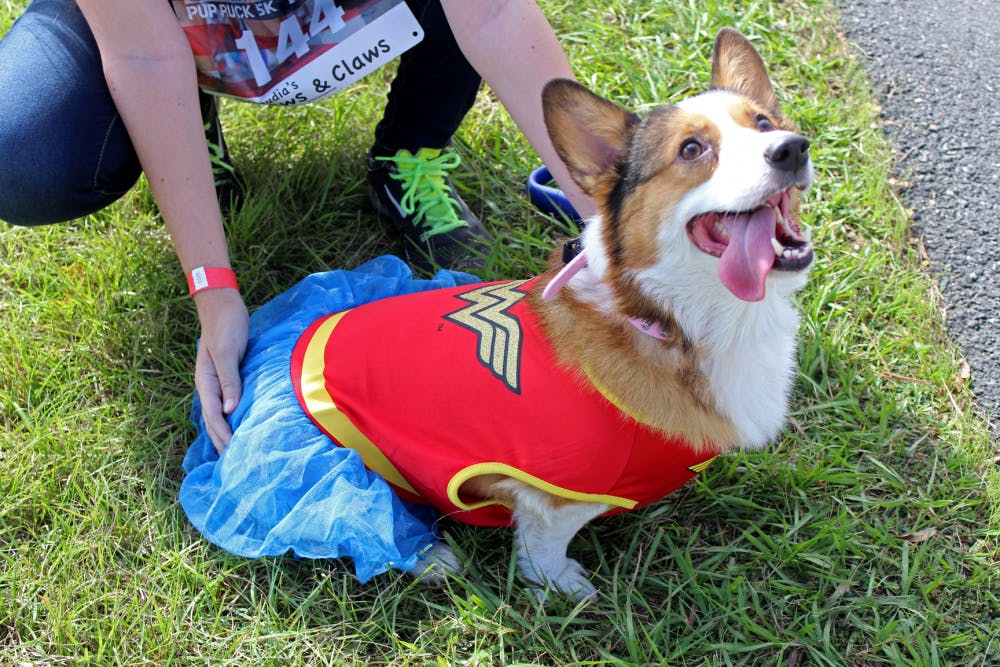To Dr. Allison O’Kell, researching diabetes hits close to home.
O’Kell, a UF College of Veterinary Medicine clinical assistant professor, said her grandmother has Type I diabetes. O’Kell received a five-year research grant worth about $730,000 to study the causes of diabetes in dogs, which she hopes can apply to humans as well, she said.
The grant, the Mentored Clinical Scientist Research Career Development Award, was given to O’Kell in June, she said. Her goal is to identify markers in blood that could predict the presence of diabetes, she said.
The researcher hopes to find better ways to treat the disease for both humans and their pets.
O’Kell has used blood and urine samples from diabetic and non-diabetic dogs to try to find differences at a molecular level. She said she has found some molecules that are potentially promising as biomarkers, but it is too soon in the research to make any conclusions.
Successfully identifying these biomarkers in the blood, which point to diabetes, would allow veterinarians to test early instead of waiting for visible symptoms to appear, O’Kell said.
While O’Kell’s research is specific to dogs, she is also working with Mark Atkinson and Clive Wasserfall from the UF Diabetes Institute.
The collaboration between the UF College of Veterinary Medicine and the UF Diabetes Institute is fundamental to the research because both can assist each other, said Wasserfall, an assistant in pathology at the UF Diabetes Institute.
“The findings are that dog diabetes, in some ways, is similar to human diabetes and other ways different,” Wasserfall said. “ I think both can learn from each other.”
Pez, a 5-year-old Pembroke Welsh corgi, looks up at attendees of the first Pup Ruck 5k at Depot Park on Sunday. The event was held to raise money for the Pets and Patriots Foundation, which helps veterans with post-traumatic stress disorder acquire service dogs.






